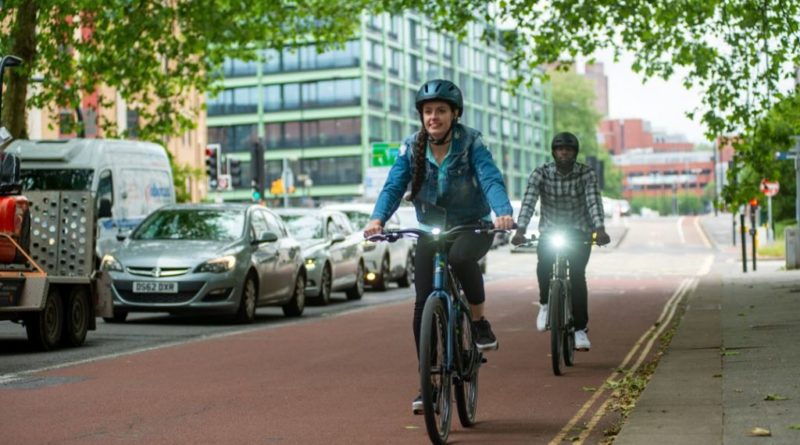Promote e-bikes to tackle health and climate crises. #BikeIsBest
Research commissioned by Bike is Best, carried out by academics at Westminster University, found that boosting use of e-bikes would deliver a slew of benefits not achieved by shifting to electric cars.
Using commuting data and the Department for Transport’s Propensity to Cycle Tool (PCT) – designed to assist transport planners and policy makers in prioritising investments and interventions to promote cycling – research found that dedicated cycling infrastructure, coupled with access to e-bikes, could encourage up to 25% of commuting journeys to be made on a bike.
Added to this – “average traffic speeds in London are 7.4mph… most car journeys would be quicker if you ran” – and it’s clear that there is significant justification for investment in subsidies encouraging and supporting e-bike purchases.
Skyrad research into, ‘Understanding the effect of speed on emissions in an urban environment’ also points to a raft of benefits for reducing urban traffic speeds to 20mph, from 30mph. Primary amongst these is a reduction in pollution.
Rod King MBE, champion for 20mph default speed limits also highlights that such a reduction would result in fewer road casualties.
Critically, a reduction in road user speed differential (Vehicles moving at 20mph and e-bikes moving at 15mph) has potential to positively impact active transport uptake, especially for those considering a shift in transport behaviour – non cyclists exploring new options, e-scooter and e-bike users, and pedestrians – using informal transport as a means to connect formal transport (trains, buses) options.
Collectively what’s seen is a reduction in congestion, pollution, and urban noise levels, all making for an environment in which it is both safer, faster, and economically less costly. On this last point, “the Mayor of London revealed that congestion in the capital is costing the economy £5.1 billion a year, which equates to £1,211 per driver.“
Chris Boardman, the new interim head of Active Travel England points out, “By 2030 we need 50% of journeys to be made actively. And that’s quite an ambitious target but it is achievable.”
Where subsidies exist for purchasing an electric vehicle, and consumers across the EU are soon benefit from a reduction in the price of bicycles and electric bikes – thanks to a significant piece of policy reform trimming the VAT to be paid – in the UK government needs to look further than the Cycle to Work scheme if the country is to achieve environmentally and economically essential changes in attitude and approach to transport.



